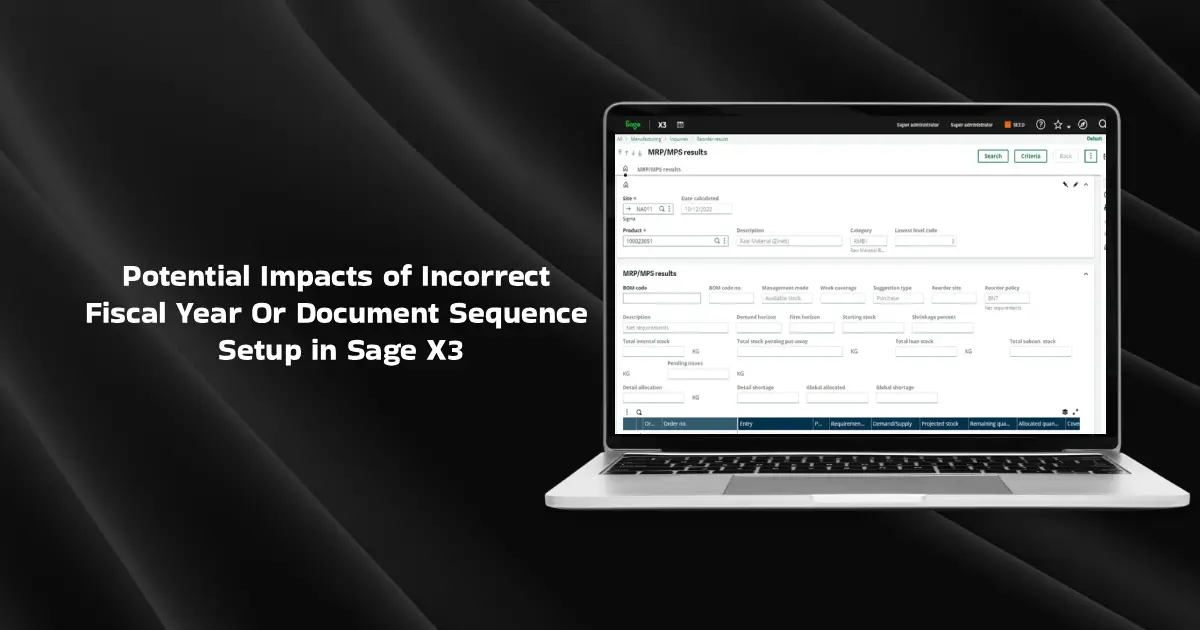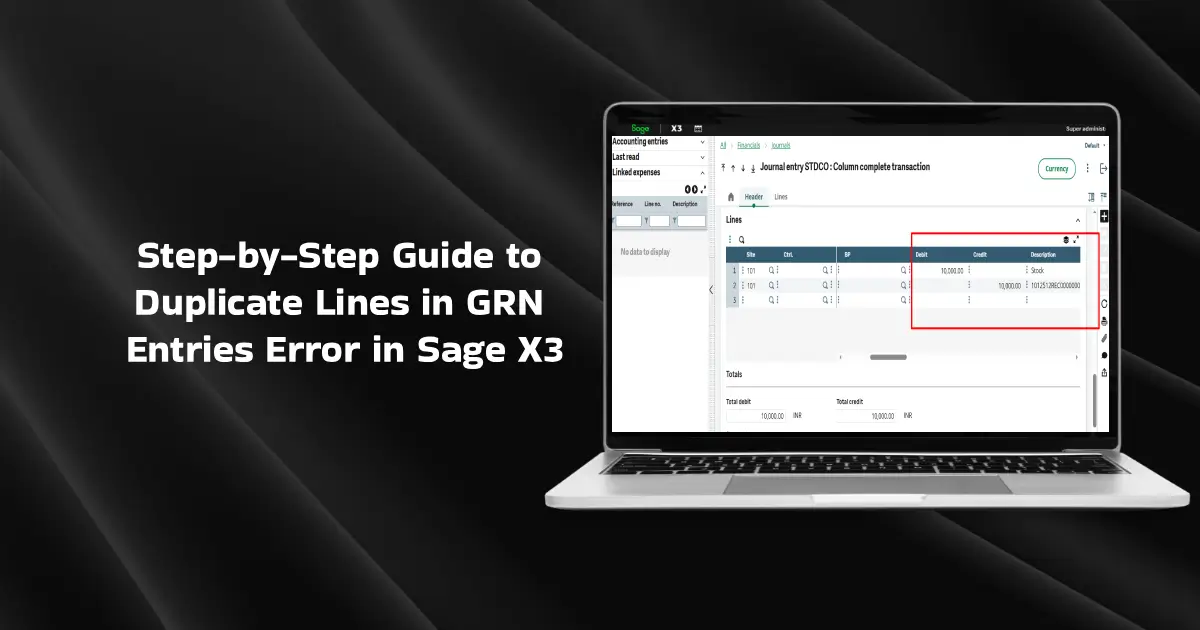What is Insurance ERP Software?
Insurance ERP (Enterprise Resource Planning) software is an industry-tailored application that unifies all the processes in the insurance industry from purchases, sales, marketing, insurance plan management, claims management, contract management, underwriting, financial management, and customer care, among others.
Modern-day insurance companies are increasingly using ERP software to manage and streamline their critical business functions, enhance overall responsiveness to market changes, and meet their evolving needs.
Overview of the Insurance Industry
The Indian insurance sector is growing at a faster rate. It is expected to reach $280 Billion by 2025, with a CAGR of up to 15%. The growth is primarily driven by various reasons, such as rising awareness about the need for insurance, a steady hike in disposable incomes, and government support.
The insurance sector is contributing to the Indian economy in terms of growth, employment, and infrastructure development. During the post-liberalization period, India witnessed many reforms in the insurance sector, particularly opening it up to private players.
You May Also Like: ERP Solutions for Insurance Agency
Challenges Faced by the Insurance Industry
- Limited Awareness in Rural Regions
A large number of the Indian population still does not have life and health insurance policies. The lack of awareness about the significance of life and health insurance in rural regions makes it difficult for insurance companies to penetrate the Indian market. There is a growing need to create awareness campaigns to develop an understanding of the need to buy insurance.
- Lack of Product Innovation and Differentiation
Innovation and differentiation are important for creating a positive brand image and successful marketing strategies. The insurance sector in India suffers from a lack of innovation and differentiation. Many insurance companies offer similar insurance plans that fail to make an impact in an extensive crowd of homogeneous products.
- Phony Policy Frauds and Forgeries
Phony policy frauds have become rampant in India, with many fraudsters selling fake policies to unsuspecting victims. The victims not only lose the potential policy benefits but also their hard-earned money. In addition to these frauds, there are instances when policyholders avail themselves of the policy benefits by providing fake death certificates or false information during the application process.
- Reliance on Manual Processes and Paperwork’s
Many insurance companies in India still rely on paperwork and manual processes for application, underwriting, and claim processing. These manual processes and paperwork are often error-prone and lead to delays, higher printing and stationary costs, privacy risks, and a reduced customer experience.
- Complex Claims Management Process
The insurance claims settlement process in India is slow, complex, and cumbersome. It suffers from other problems such as poor communication, a lack of cooperation, and deception. Oftentimes, it puts significant financial stress on policyholders.
- Complex Regulatory Framework
The regulatory environment in India is meant to protect the interests of policyholders. However, it is complex and challenging and has a vast number of rules and regulations. Companies often have to follow different regulatory agencies that overlap with each other. Adhering to a complex regulatory framework often causes delays and hinders development and progress.
Future Trends in the Insurance Industry
- Online Policy Purchases
The Internet penetration in India had touched 48.7% in 2022. With many new users adding up every day, it is giving rise to India’s digital transformation and building a strong digital economy. Many Indians are using digital channels such as insurance provider’s websites, e-commerce websites, and online insurance comparison portals to purchase new policies from the comfort of their homes.
- Personalized Insurance Plans
Many Indian insurance companies are providing personalized, innovative plans to cater to the specific needs of individuals. These plans are often driven by big data and analytics and use targeted pricing. They are a useful way to build customer loyalty and stay ahead of competitors.
- Reduced Paperwork (Digitization)
Indian insurance companies are eliminating paper applications and forms to provide a seamless experience for policyholders. Digitizing the insurance policy purchase and loading of claims has made it easier for policyholders to conveniently manage their policies. Moreover, it has simplified data retention and backup strategies and the sharing of information, and it has contributed to an eco-friendly environment.
You May Also Like: ERP for Automobile Industry
Benefits of Using Insurance ERP Software
- Reduced Operational and Administration Costs
Enterprise Resource Planning software introduces a system of precision and automation that facilitates better resource utilization and reduces manual work. Ultimately, the company benefits from reduced operational and administration costs, which translate into improved cash flow, higher profits, and growth.
- Streamlined Claims Settlement
Business management software streamlines the claim settlement, contract management, and policy management processes. It can automate various processes such as claim verification, damage assessments, and payment processing. The software also supports template creation for different insurance policies.
- Full Visibility into Financial Data
ERP is much more than ordinary accounting software. The Enterprise Resource Planning system empowers insurance businesses with business intelligence tools that facilitate timely and accurate planning, forecasting, and budgeting to speed up revenue tracking, credit management, and payment scheduling. ERP solutions eliminate human errors and provide clarity and visibility into financial reporting and revenue management. Full visibility into business processes, financial data, and transaction management enables better cash flow management, increased accuracy in projections, and accurate decision-making. Accounts Payable Automation eliminates invoice-to-payment mismatching, duplicate and missing invoices, and double payments. Moreover, invoices need not be routed from one person to another for approval.
- Comprehensive Data Analysis
With ERPs, the data is digitally stored rather than on paper. Data analysis enables companies to identify bottlenecks, reduce manual labor, and avoid duplication. The comprehensive reporting capabilities in ERP provide visually intuitive charts, graphs, and reports to accurately predict revenue streams and make strongly data-backed decisions.
- Personalized Sales and Marketing Campaigns
The ERP system builds a database of inbound and outbound sales calls, personalized offers, referrals, discount management, and Internet leads to track their performance and proactively respond to customers’ changing preferences and requirements. The sales management system in insurance ERP software enables businesses to intricate sales data, find new cross-sales opportunities, view and compare salesforce performance, and provide a better customer relationship management experience.
- Improved Workflow Efficiency
The Enterprise Resource Planning solution builds a centralized database with data from different departments, which expedites processes, eliminates communication gaps, enhances communication, and provides administrative clarity and confidence to make decisions at the highest level. The Online Procurement Management System facilitates better process automation and takes advantage of early payment discounts for business growth.
Insure Your Business for Exponential Growth with Sage X3
ERP provides a single, integrated platform that automates various manual processes such as policy management, claims processing, analytics and reporting, and financial management. The use of ERP helps the insurer company in different ways, such as faster claim settlement, a higher customer experience, and reduced support inquiries and complaints.
Sage X3 is a scalable and multi-functional solution that empowers insurance companies with powerful analytical and forecasting tools that deliver insights at every level and help drive revenue growth.
Frequently Asked Questions (FAQs)
1. What is ERP in insurance?
ERP insurance software provides a technological framework for insurance businesses to gain greater insights into their business operations, maintain end-to-end regulatory compliance, and modernize their operations. It empowers insurance companies with an unprecedented level of visibility to get access to accurate, consistent, and real-time information at all times.
2. What are the key features of the ERP for insurance industry?
Here are the key features of the ERP insurance tool:
- Policy Management: Eliminate paperwork and easily manage your policyholders’ data in one place through the power of cloud and digitization.
- Contracts Management: Manage contracts with external stakeholders. Expedite various processes such as drafting, tracking, approval, and more.
- Billing Management: Facilitates AP automation and AR automation to reduce manual intervention in billing operations for better accuracy.
- Advanced Analytical Reports: Empowers your business with Business Intelligence, advanced analytical reports, and custom dashboards for smart decision-making.
- Scalability: Adapts to your growing business needs, such as a sudden spike in the volume of data and users.
3. How to choose the best-fitting ERP insurance tool?
Here are some tips and tricks to choose the best-fitting ERP for insurance industry:
- The ERP aligns with your budgets
- Extensive integration and customization capabilities
- Provides functional modules to meet your industry requirements
- The vendor is reliable & has a long industry experience
- The vendor assists in the implementation & customization phases







